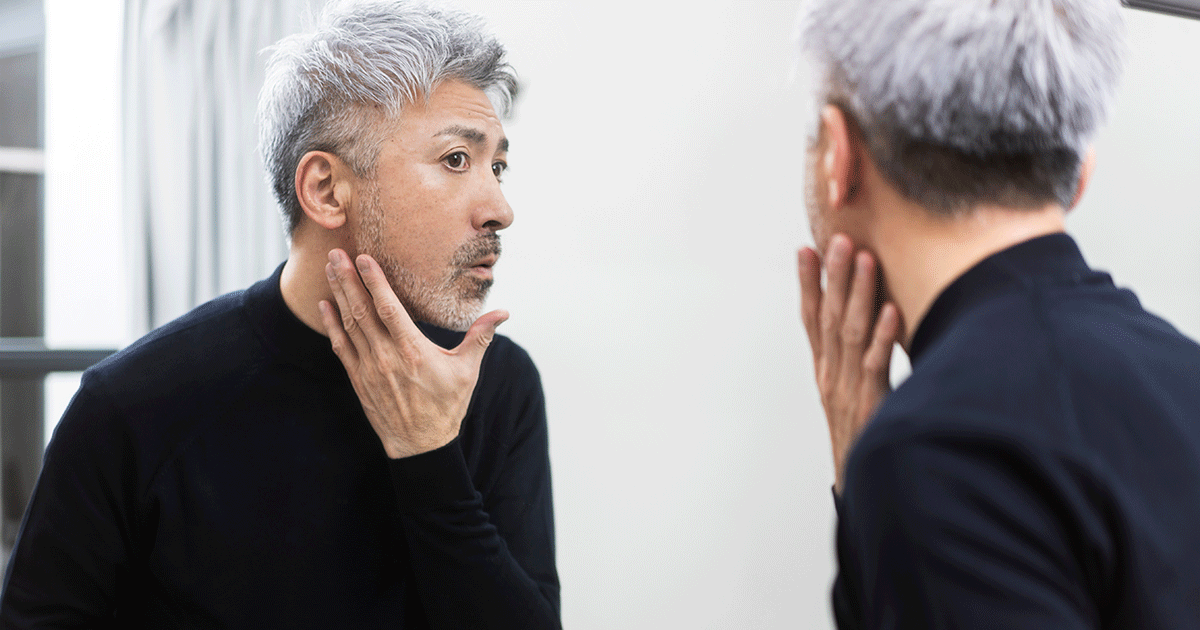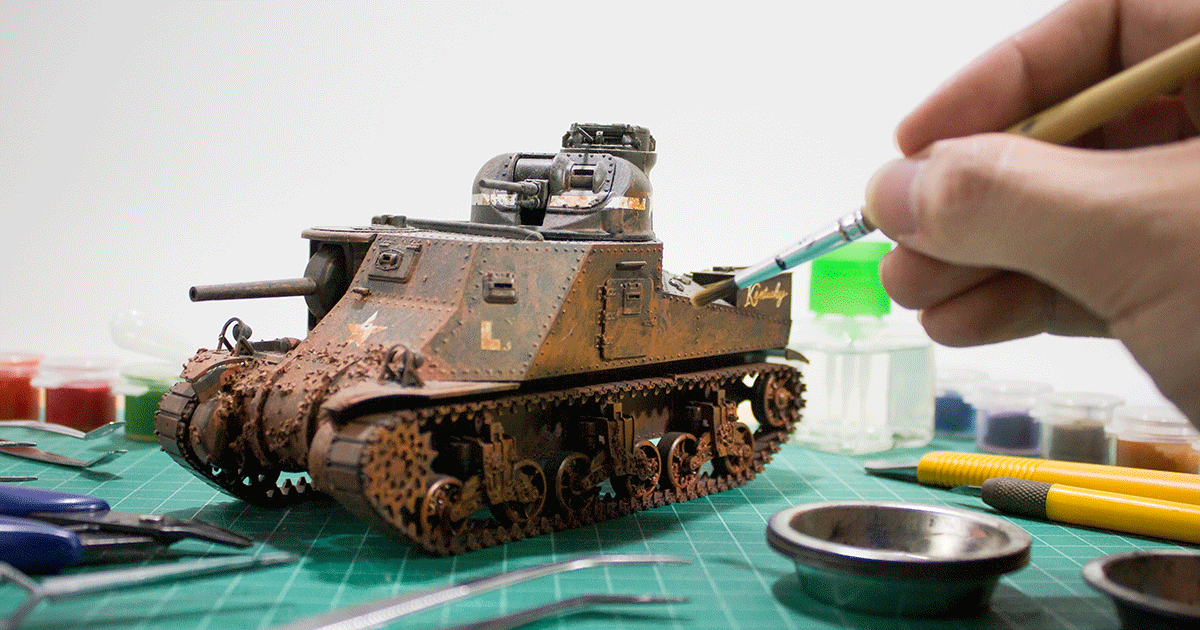- ベストアンサー
a word means what people use it to mean.の日本語です
The role of dictionaries in our society as authorities on meaning leads many people to feel that the dictionary definition of a word more accurately represents the word's meaning than does an individual speaker's understanding of the word. Keep in mind, however, that the people who write dictionaries arrive at their definitions by studying the ways speakers of the language use different words. Some dictionaries are relatively prescriptive, others more descriptive, but all must fact the fact that a word means what people use it to mean. There simply is no higher authority than the general community of native speakers of the language. (質問)3文目のa word means what people use it to meanの訳はどうなるでしょうか?高校生でも分かるようにできれば直訳調でお願いできますか。(自分が推測するに、単語というのは辞書的な意味よりもその単語を使う人が何を意味して使うかということが大事?みたいな感じだと思うのですが。2つmeanがあるのですがどう訳し分けしたらいいのか分かりません)
- みんなの回答 (5)
- 専門家の回答
質問者が選んだベストアンサー
その他の回答 (4)
- ucok
- ベストアンサー率37% (4288/11421)
- ucok
- ベストアンサー率37% (4288/11421)
- wind-sky-wind
- ベストアンサー率63% (6647/10387)
- ucok
- ベストアンサー率37% (4288/11421)























お礼
分かりました。ありがとうございました。